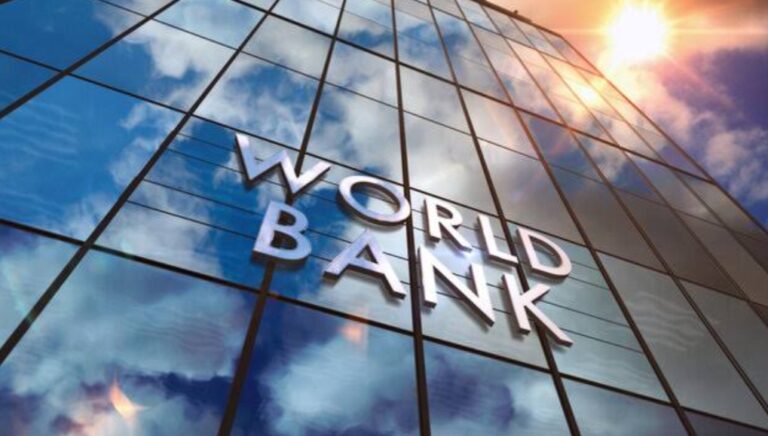A recent World Bank study has revealed that Pakistan’s General Sales Tax (GST) is the largest marginal contributor to the country’s increasing poverty levels. The report, titled “The Effects of Taxes and Transfers on Inequality and Poverty in Pakistan”, underscores how the GST disproportionately affects poor and vulnerable households.
According to the study, GST payments make up more than 7% of a household’s pre-tax expenditure. This significant tax burden leads to further financial strain, pushing already struggling families deeper into poverty.
Quoting the World Bank report, Dawn highlighted that when evaluating the marginal effects of various fiscal instruments, the GST had the highest contribution to the rise in national poverty. In addition, public spending on pre-primary and primary education was identified as the second-largest contributor to inequality, although not as severely as indirect taxation.
On a more positive note, the report commends the Benazir Income Support Programme (BISP) for its strong role in reducing inequality. The BISP, which provides regular cash assistance to the poorest families, has the highest marginal impact in terms of inequality reduction.
The World Bank recommends that Pakistan prioritize reforms aimed at enhancing domestic revenue generation and improving the efficiency of public spending. This would help create greater fiscal space to expand social safety nets and implement more targeted support mechanisms.
The report also points out significant issues in Pakistan’s taxation system, criticizing its reliance on indirect taxes—which tend to be regressive—and inefficient subsidies. It advocates for a shift toward more progressive direct taxation to promote equity.
Alarmingly, the findings suggest that the poorest households in Pakistan are net contributors to the fiscal system. In other words, they pay more in taxes than they receive in public benefits, highlighting a severe imbalance in fiscal equity.
To combat long-term poverty and inequality, the World Bank advises Pakistan to invest in improving the accessibility and quality of essential services like healthcare and education.
